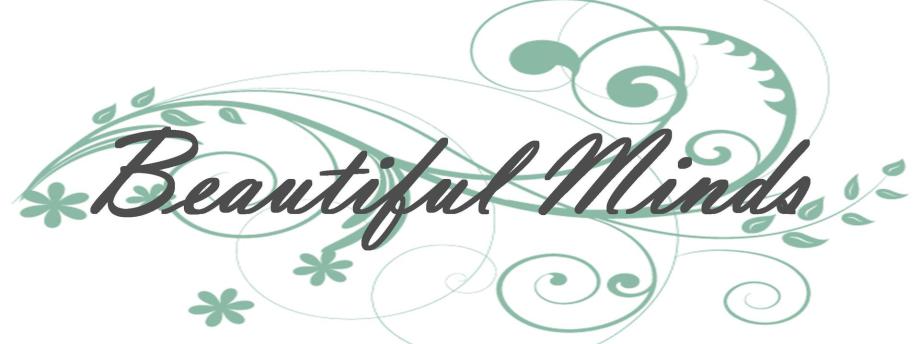
Beautiful Minds
'Dyslexia is not a disease to have and to be cured of, but a way of thinking and learning. Often it's a gifted mind waiting to be found and taught.'
Girard Sagmiller
Need
In 2011, there was thought to be almost 300,000 children and young people living in Britain under the age of 17 with registered special educational needs, including attention deficit hyperactive disorder, autism and aspergers. This figure also captures some of the children thought to have significant dyslexia and dyscalculia, however many more are unreported.
The British Dyslexia Associations suggest that 10% of the population is dyslexic; 4% severely so. Dyslexia generally presents itself as difficulty with reading, spelling or writing that is not explained by low intelligence. Furthermore, it is thought that half of people with dyslexia also experience dyscalculia. Dyscalculia is defined as a difficulty in acquiring basic arithmetic skills that is not explained by low intelligence or inadequate schooling.
Dyslexia is identified as a disability as defined in the Equality Act 2010. Many of the dyslexic people across the UK, whether adults or children, are unable to fulfil their potential as a large percentage of the population still do not understand what dyslexia is, the difficulties which the condition presents and do not know how best to support them.
Our aim
We aim to create instructional technology for children and young people with learning difficulties to support their special education needs. Our resources will support the numeracy, spelling, reading, memory and organisation of children and young people with learning difficulties.
How it works
Working alongside special education needs and learning support teachers, and charities linked to specific learning difficulties, we identify needs for learning resources and conceptualise how they should work to tap into the learning needs of children and young people living with learning difficulties. We source funding to develop these resources and make them freely available to schools and associated charities.
Evaluation
All of our digital learning has in-built anonymous evaluations that allow us to monitor the responses of the children and young people using them. In addition, we circulate online questionnaires to teachers supporting children and young people in the use of these resources to capture a wider impact picture.

